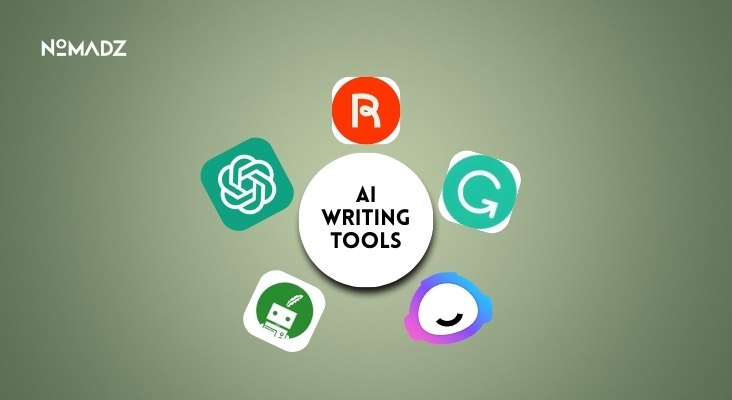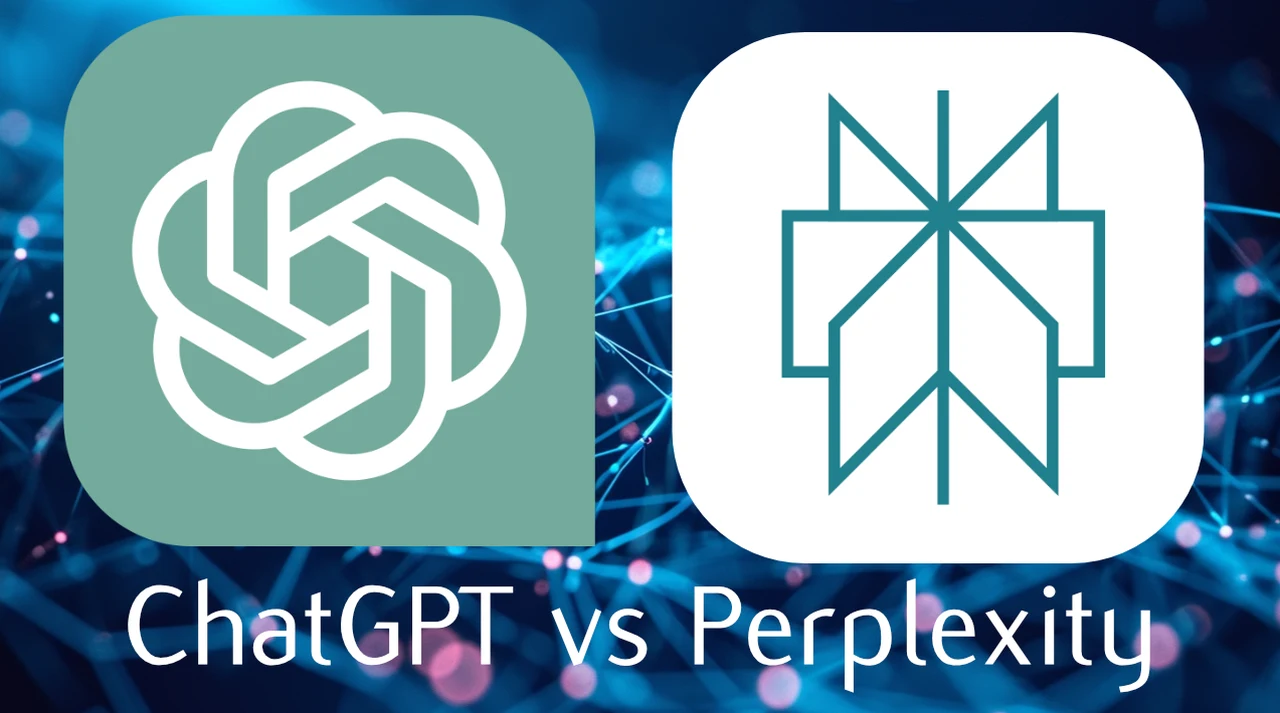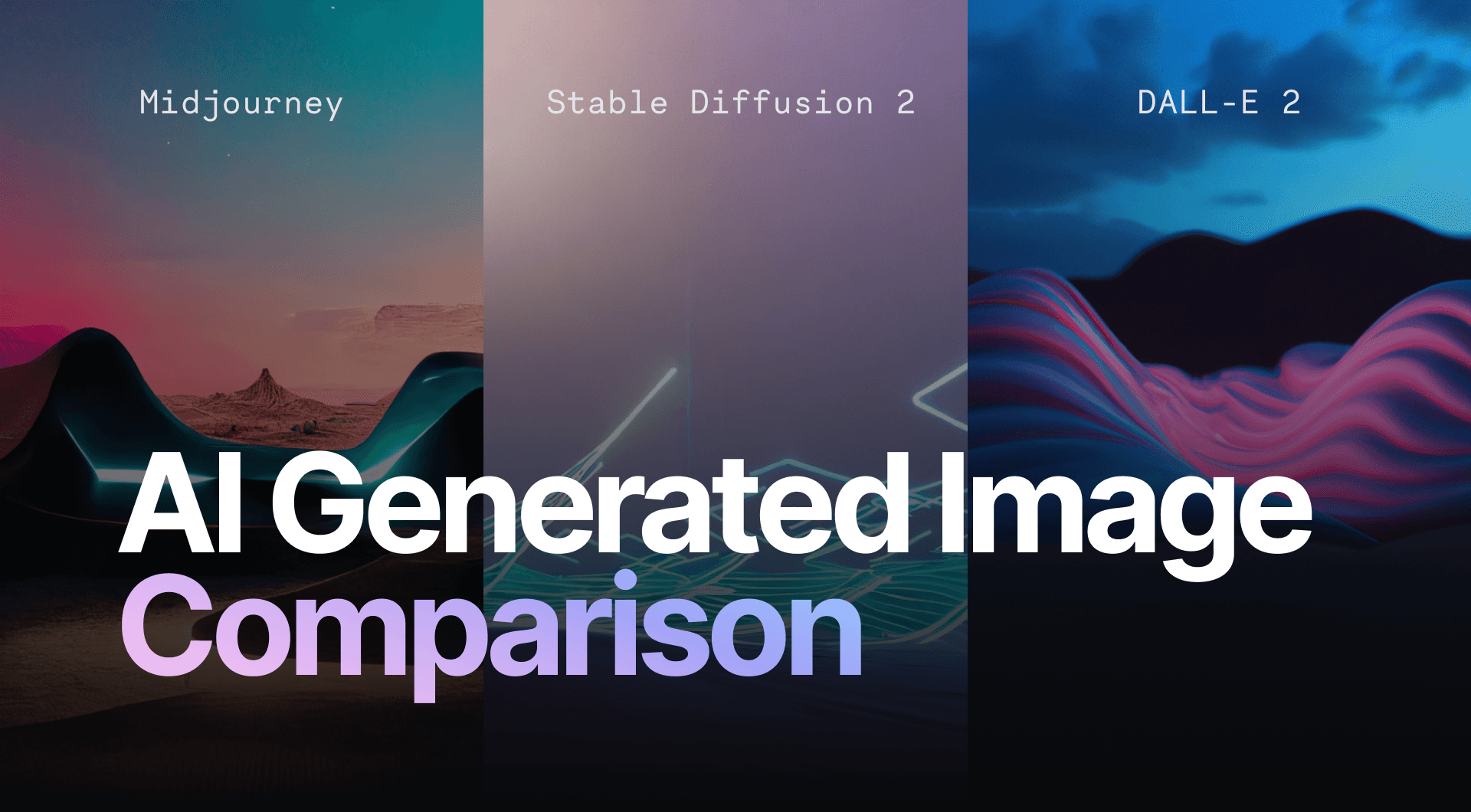
Table of Contents
Overview: The AI Writing Revolution
The landscape of content creation has been transformed by artificial intelligence, with writing tools becoming increasingly sophisticated in 2025. These AI assistants now rival human writers in many domains, offering unprecedented productivity gains for bloggers, marketers, businesses, and creative professionals.
Modern AI writing tools go far beyond simple text generation. The best platforms now offer contextual understanding, brand voice adaptation, multilingual capabilities, and seamless integration with other productivity tools. They can generate everything from social media posts to full-length research papers while maintaining coherence and style consistency.
The market has matured significantly since the early days of GPT-3, with specialized tools emerging for different writing needs. Some excel at creative storytelling, others at technical documentation, and others at marketing copy. Understanding these specializations is key to selecting the right tool for your specific requirements.
This guide examines the 10 best AI writing tools available in 2025, analyzing their strengths, weaknesses, and ideal use cases. We've tested each platform extensively across various writing tasks to provide authentic, experience-based recommendations.
Top AI Writing Tools in 2025
| Tool | Best For | Key Strength | Our Rating |
|---|---|---|---|
| ChatGPT (GPT-4o) | Versatile content creation | Conversational quality | 9.5/10 |
| Google Gemini | Research-heavy writing | Factual accuracy | 9.2/10 |
| Claude 4 | Long-form content | Context retention | 9.3/10 |
| Jasper | Marketing copy | Brand voice consistency | 8.8/10 |
| Copy.ai | Social media content | Engagement optimization | 8.5/10 |
| Rytr | Budget-conscious users | Value for money | 8.2/10 |
| Writesonic | SEO content | Keyword integration | 8.7/10 |
| GrammarlyGo | Professional writing | Grammar perfection | 8.9/10 |
| Notion AI | Knowledge workers | Workflow integration | 8.4/10 |
| Sudowrite | Creative writing | Story development | 8.6/10 |
1. ChatGPT (GPT-4o)
OpenAI's ChatGPT remains the gold standard for versatile AI writing in 2025. The GPT-4o model offers exceptional fluency, creativity, and contextual understanding. It excels at adapting to different writing styles and can handle everything from poetry to technical documentation.
2. Google Gemini
Gemini stands out for research-intensive writing tasks. Its deep integration with Google's knowledge graph provides unparalleled factual accuracy and up-to-date information. The multimodal capabilities allow for unique writing approaches incorporating visual references.
3. Claude 4
Anthropic's Claude 4 shines in long-form content creation with exceptional context retention. Its constitutional AI approach produces more measured, thoughtful writing ideal for professional and academic applications.
Key Features Compared
Content Quality
ChatGPT leads in creative fluency while Gemini provides superior factual accuracy. Claude offers the most balanced output for professional writing.
Brand Voice Adaptation
Jasper and Writesonic provide the most sophisticated brand voice customization, learning from your existing content to maintain consistency.
Multilingual Support
ChatGPT supports the most languages (95+), followed by Gemini (50+). Most specialized tools support 20-30 languages.
SEO Capabilities
Writesonic and Copy.ai offer built-in SEO optimization with keyword analysis and ranking predictions.
Plagiarism Checking
GrammarlyGo and Jasper include premium plagiarism detection, while others require third-party integration.
Workflow Integration
Notion AI and Gemini offer the deepest integrations with productivity suites and knowledge management systems.
Pricing Analysis: Value for Money
Premium Tier Tools
- ChatGPT Plus: $20/month - Best all-around value
- Gemini Pro: $19.99/month - For research-focused users
- Jasper: $49/month - Premium marketing features
- Claude Pro: $20/month - For long-form content
Budget-Friendly Options
- Rytr: $9/month - Excellent starter option
- Copy.ai: $36/month - Affordable for teams
- Writesonic: $12.67/month - Competitive SEO features
- GrammarlyGo: $12/month - Essential for professionals
Free tiers are available for most tools, but with significant limitations. ChatGPT's free version uses GPT-4.1 mini, while Gemini's free tier offers limited access to Gemini Pro. For serious writing needs, premium plans are recommended.
Best Use Cases for Each Tool
Blog Content Creation
Recommended: ChatGPT, Claude, Writesonic
These tools excel at generating engaging, well-structured blog posts with appropriate tone and style variations.
Marketing Copy
Recommended: Jasper, Copy.ai, Gemini
Specialized in crafting persuasive product descriptions, ad copy, and landing page content that converts.
Technical Documentation
Recommended: Claude, ChatGPT, Notion AI
Provide clear, accurate technical writing with proper terminology and logical structure.
Creative Writing
Recommended: Sudowrite, ChatGPT
Offer advanced storytelling capabilities with character development and plot suggestions.
Social Media Content
Recommended: Copy.ai, Rytr
Optimized for creating engaging posts tailored to each platform's unique requirements.
Academic Writing
Recommended: Gemini, Claude
Provide well-researched content with proper citations and academic tone.
Pros and Cons: Honest Assessment
General-Purpose Tools
Pros:
- Versatile across multiple writing tasks
- Strong contextual understanding
- Continuous improvements from large R&D budgets
- Large user communities for support
Cons:
- May lack specialized features
- Brand voice adaptation less sophisticated
- Can be more expensive for advanced features
Specialized Writing Tools
Pros:
- Optimized for specific writing needs
- Better templates and workflows
- More affordable for focused use cases
- Deeper integration with niche tools
Cons:
- Less flexible for diverse writing tasks
- Smaller development teams
- May lack cutting-edge AI capabilities
How to Choose the Right AI Writing Tool
1. Define Your Primary Use Case
Identify whether you need general writing assistance or specialized capabilities like marketing copy or technical documentation. This will narrow your options significantly.
2. Consider Your Budget
While premium tools offer more features, budget options like Rytr provide excellent value for basic needs. Calculate potential ROI from time savings.
3. Evaluate Integration Needs
If you work within specific platforms (Google Workspace, Notion, etc.), prioritize tools that integrate seamlessly with your existing workflow.
4. Test Multiple Options
Take advantage of free trials to evaluate which tool's writing style and features best match your needs. Pay attention to output quality and ease of use.
5. Consider Team Features
For collaborative environments, look for tools with robust team management, version control, and approval workflows.
Future Trends in AI Writing Technology
1. Hyper-Personalization
Future tools will offer even more sophisticated brand voice adaptation, learning from minimal input to mimic specific writing styles with precision.
2. Multimodal Writing Assistants
Integration of text, image, and video generation will create more comprehensive content creation platforms.
3. Real-Time Collaboration
AI writing tools will increasingly facilitate human-AI co-creation with seamless real-time editing and suggestion systems.
4. Emotionally Intelligent Writing
Advanced sentiment analysis will enable tools to craft content that resonates emotionally with specific audiences.
5. Self-Optimizing Content
AI systems will automatically test and refine content based on engagement metrics and audience feedback.
As these technologies evolve, the line between human and AI-generated content will continue to blur, creating both opportunities and challenges for content creators across industries.
Frequently Asked Questions
Get answers to common questions about AI writing tools
For beginners, we recommend ChatGPT or Rytr. ChatGPT offers the most intuitive interface and versatile capabilities, while Rytr provides excellent templates and guidance at an affordable price point. Both have gentle learning curves compared to more specialized tools.
While AI writing tools have become incredibly sophisticated, they work best as collaborators rather than replacements for human writers. AI excels at drafting, ideation, and repetitive writing tasks, but human oversight remains essential for strategic direction, emotional nuance, and quality control.
Modern AI writing tools generate original content rather than copying existing text. However, some tools like GrammarlyGo and Jasper include plagiarism checkers to ensure uniqueness. For academic or professional use, we recommend running AI-generated content through dedicated plagiarism detection software.
Writesonic currently leads in SEO-specific features with built-in keyword optimization, ranking predictions, and content scoring. SurferSEO's AI and Copy.ai also offer strong SEO capabilities. For maximum effectiveness, combine these tools with human SEO expertise.
To humanize AI content: 1) Always edit and personalize the output, 2) Add specific examples and anecdotes, 3) Use tools' "humanize" features if available, 4) Inject your unique voice and perspective, 5) Vary sentence structure, and 6) Read aloud to check natural flow.


